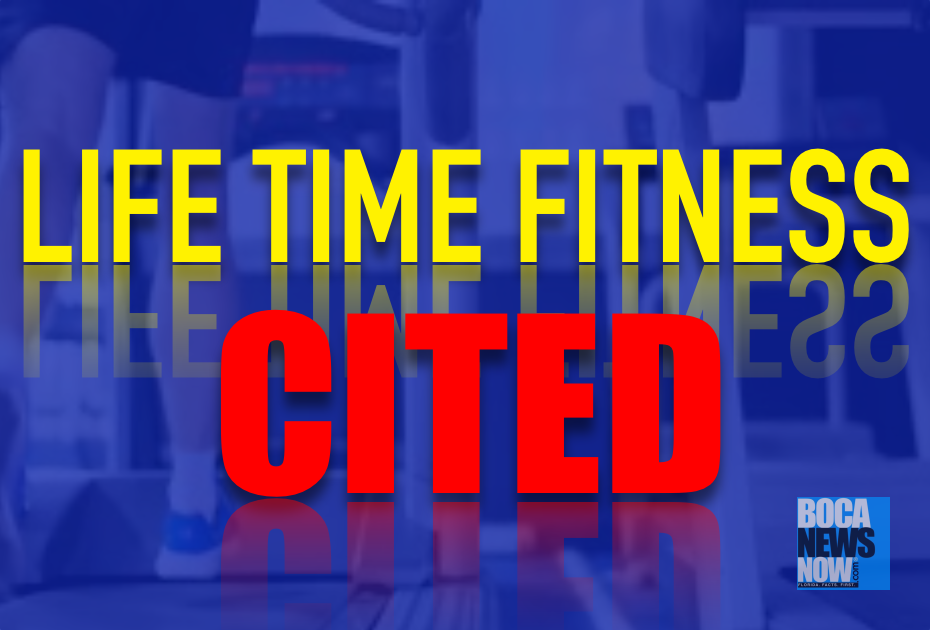Entertainment
For first-timers or regulars, here’s everything to know about 2024 New Orleans Jazz Fest

The weather is warm, the smell of great food is in the air and you’re getting ready to jam to some of your favorite musical artists.
It’s Jazz Fest season in New Orleans, and if you’re here for the first time, there are probably quite a few questions at the top of your mind.
“What do I bring? Where do I park? How do I find a map of the stages?”
The great news is we’ve compiled all of our festival knowledge to answer your most burning questions. And even if you’ve got a few Jazz Fests under your belt already, it never hurts to refresh on the basics.
What to know about Jazz Fest tickets
If you haven’t purchased tickets online yet, single-day tickets are $105 plus fees at the gate. Single-day tickets for Thursday, May 2, are sold out, as are all first and second weekend multi-day tickets.
VIP tickets are also sold out for the second weekend of Jazz Fest, though a few packages still remain for the first weekend.
Single day tickets for the first and second weekend (excluding May 2) are still available for $95 plus fees at www.nojazzfest.com.
If you’re a Louisiana resident, opening day, Thursday, April 25, has been designated as “locals Thursday,” allowing Louisianans to buy up to two tickets for $50 each with no additional fees at the gate.
How do I get there? Where should I park?
Parking around Jazz Fest can often be a hassle, and your most likely options are street parking or paying to park in an advertised parking lot. Often churches, schools or other organizations will sell passes to park in their lots.
When street parking, make sure to pay attention to street signs to avoid being ticketed or even towed. It’s illegal to park in bike lanes, in fire lanes, on the neutral ground and along neutral ground curbs.
It’s also illegal to block or park within 15 feet of a fire hydrant, within three feet of a driveway and within 20 feet of an intersection, stop sign or crosswalk.
If you want to avoid all of the drama that comes with parking, you could order a taxi or rideshare or buy tickets for the Jazz Fest Express shuttle.
The festival’s shuttles start at 10:30 a.m. and depart from four spots in the city: from the French Quarter at 400 Toulouse St., from the South Market District at 1250 Poydras St., from 500 Canal St. and from City Park, located at 5700 Wisner Boulevard.
You can also use public transportation, such as buses or street cars.
What am I allowed to bring to Jazz Fest?
Unlike some other festivals, Jazz Fest does not have a clear bag policy.
Visitors are allowed to bring small bags and backpacks along with 12-pack or smaller soft coolers, sealed bottled water, and their own snacks. Other outside beverages are not allowed, but you can bring in empty water bottles and cups.
The festival allows collapsible chairs, blankets and tarps, except on Thursday, May 2, the day the Rolling Stones preform. Only small stools or Cliq chairs will be allowed on May 2.
Since the weather in Louisiana can be temperamental, it’s best to make sure you’re equipped for both sun and rain. Make sure to pack extra sunscreen and handheld umbrellas.
Jazz Fest has a no re-entry policy, so check if you have everything with you before you enter the gates.
As far as what not to bring with you, wagons and carts, hard or rolling ice chests, tents, large beach umbrellas, bicycles, skateboards, scooters are not allowed.
You also can’t bring athletic games, like hula-hoops or frisbees, glass, video or audio recording equipment, weapons or illegal drugs.
Here’s a more in-depth look at the rules.
How do I know where artists are performing?
Jazz Fest is held at the Fair Grounds Race Course at 1751 Gentilly Blvd. The festival has 14 stages and tents for musical performances.
You can find a map of the layout of the festival on the Jazz Fest website.
Festival organizers released the schedule for which artists will appear on which day, stage and time. You can download a version of the schedule cubes on their website.
Pro tip: Print, screenshot or write down the shows and stages you want to visit, along with a map of the festival, before arriving in case your internet lags when you get there.
The festival will feature headliners like the Rolling Stones, Foo Fighters, Chris Stapleton, Neil Young & Crazy Horse, the Killers, Anderson.Paak & the Free Nationals, Queen Latifah, Hozier, Earth, Wind & Fire, Vampire Weekend, Fantasia, Greta Van Fleet, Bonnie Raitt, Heart and Widespread Panic, among many others.
Jon Batiste, the Revivalists and Trombone Shorty & Orleans Avenue are among the hundreds of native New Orleans and Louisiana acts that make up the bulk of the festival lineup.
Get a closer look at the festival lineup.
What about food?
Of course, Jazz Fest is just as much about the great food as it is the music.
Hundreds of dishes will be served by vendors at Jazz Fest, ranging from Louisiana classics to more modern takes and vegetarian options.
This year, the menu includes a number of returning food vendors who have long participated in the festival but were missing in recent years, like the makers of this famous crawfish bread.
Some of the mainstay flavors associated with Jazz Fest are Crawfish Monica and crawfish sacks, Vaucresson Creole hot sausage po-boys and cochon de lait po-boys, trout Baquet and gumbo with pheasant, quail and andouille.
Here’s a closer look at what’s returning and what new options there are.
Should I bring cash or my credit card to Jazz Fest?
Jazz Fest is a cashless event.
Ticket, food, beverage and merchandise booths will accept credit cards, debit cards and digital forms of payment, such as Apple Pay.
If you only have cash, you can visit a Cash Exchange station at the festival and get a prepaid card at no extra cost. The cards have a $500 maximum.
What did we miss? Email us your Jazz Fest questions at onlinenewsdesk@theadvocate.com and we’ll do our best to answer them.
Keith Spera and Ian McNulty contributed to this report.










